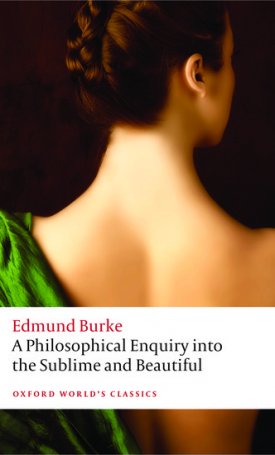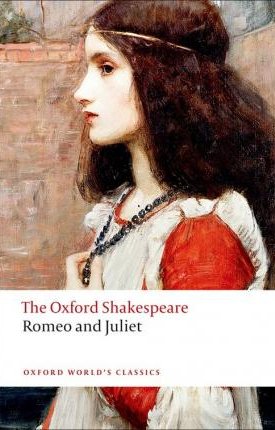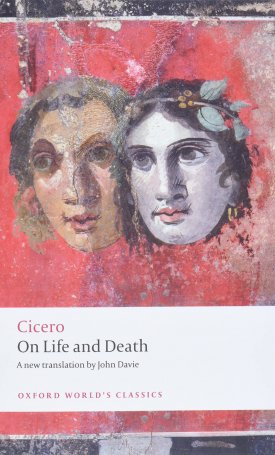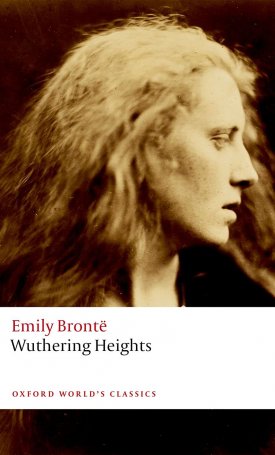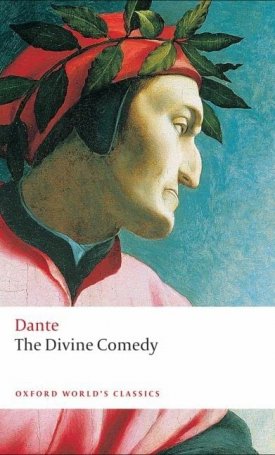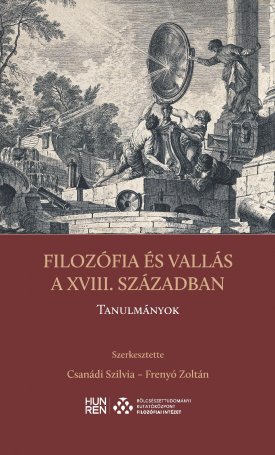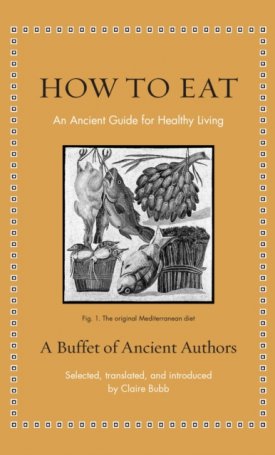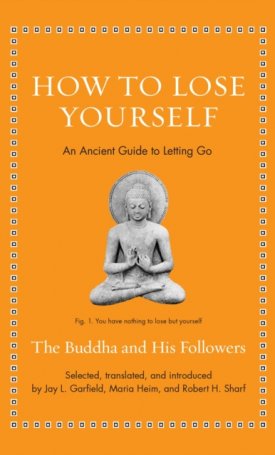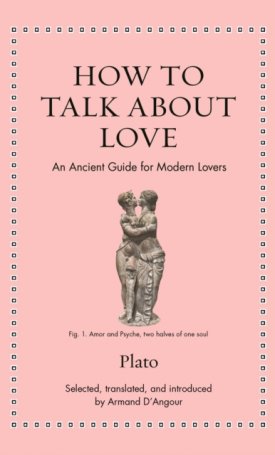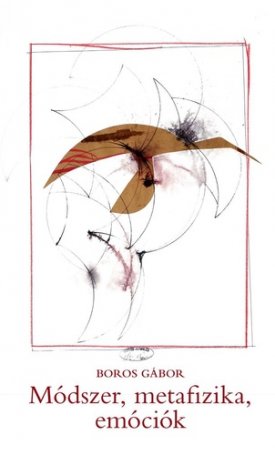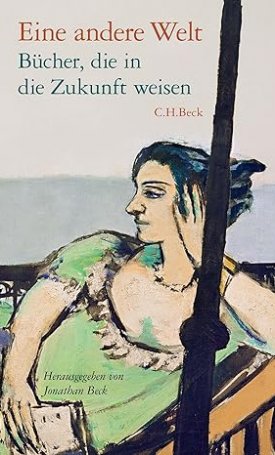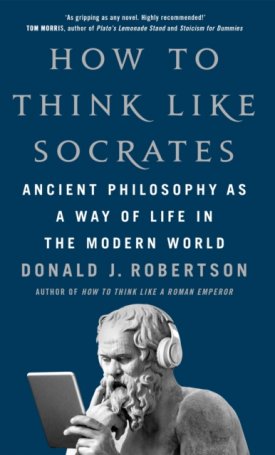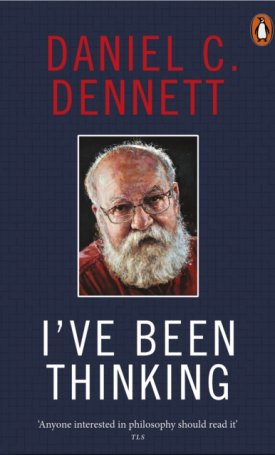A Philosophical Enquiry into the Origin of Our Ideas of the Sublime and Beautiful
A Philosophical Enquiry into the Origin of Our Ideas of the Sublime and Beautiful
ISBN: 9780199668717
Size: 130*195
Weight: 160 g
Page no.: 208
Publish year: 2015
In 1757 the 27-year-old Edmund Burke argued that our aesthetic responses are experienced as pure emotional arousal, unencumbered by intellectual considerations. In so doing he overturned the Platonic tradition in aesthetics that had prevailed from antiquity until the eighteenth century, and replaced metaphysics with psychology and even physiology as the basis for the subject. Burke's theory of beauty encompasses the female form, nature, art, and poetry, and he analyses our delight in sublime effects that thrill and excite us. His revolution in method continues to have repercussions in the aesthetic theories of today, and his revolution in sensibility has paved the way for literary and artistic movements from the Gothic novel through Romanticism, twentieth-century painting, and beyond.
In this new edition Paul Guyer conducts the reader through Burke's Enquiry, focusing on its place in the history of aesthetics and highlighting its innovations, as well as its influence on many subsequent authors from Kant and Schiller to Ruskin and Nietzsche.




